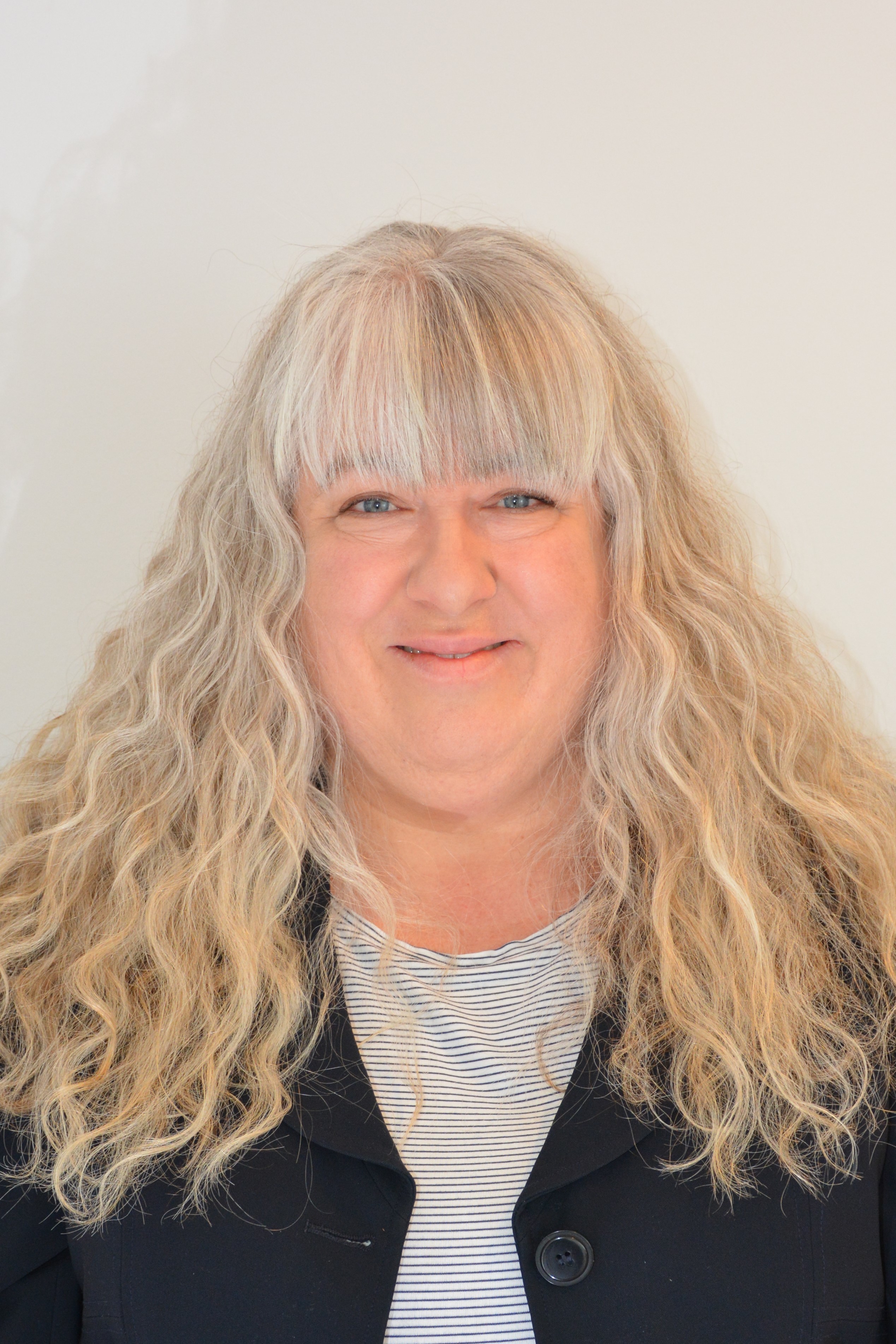
Janet A. W. Elliott, PhD, PENG, FRSC, FSfC, FAIMBE, FCAE, FCIC, FEC
Contact
University of Alberta Distinguished Professor, Faculty of Engineering - Chemical and Materials Engineering Dept
- janet.elliott@ualberta.ca
- Phone
- (780) 492-7963
- Address
-
Donadeo Innovation Centre For Engineering
9211 116 StEdmonton ABT6G 2H5
Overview
Area of Study / Keywords
Thermodynamics Surfaces and Interfaces Transport Nanoscience Cryobiology Cryopreservation Surface and Interfacial Science
About
Dr. Janet A. W. Elliott is a University of Alberta Distinguished Professor in the Department of Chemical and Materials Engineering and an Adjunct Professor in the Department of Laboratory Medicine and Pathology. Dr. Elliott was the first female graduate of the Engineering Physics Option of Engineering Science at the University of Toronto and received MASc and PhD degrees in Mechanical Engineering from the University of Toronto. Dr. Elliott has been a Visiting Professor at the Norwegian University of Science and Technology (NTNU), the Massachusetts Institute of Technology (MIT), and the University of Oxford Centre for Collaborative Applied Mathematics.
Dr. Elliott currently serves as Editor-in-Chief of the journal Cryobiology, on the Editorial Advisory Boards of The Journal of Physical Chemistry A, B, & C and of Langmuir, and on the Editorial Board of Advances in Colloid and Interface Science. She has previously served as a member of the Physical Sciences Advisory Committee for the Canadian Space Agency, the Board of Directors of the Canadian Society for Chemical Engineering, and the Executive Committee of the American Chemical Society Division of Colloid and Surface Chemistry.
Honours and Awards:
- University of Alberta Engineering Research Chair in Thermodynamics (2025)
- Pioneers in Applied and Fundamental Interfacial Chemistry, Langmuir (2023)
- Fellowship in the Canadian Academy of Engineering (2023)
- Fellowship in Engineers Canada (2023)
- Fellowship in the Royal Society of Canada (2022)
- American Chemical Society Langmuir Lectureship Award (2022)
- Arthur W Rowe Best Paper Award for paper published in the journal Cryobiology in 2020
- University of Alberta Distinguished Professor (2019)
- Fellowship in the American Institute for Medical and Biological Engineering (2019)
- Faculty of Graduate Studies and Research Great Supervisor Award (2019)
- Fellowship in the Society for Cryobiology and Basile J. Luyet Medal (2018)
- Fellowship in the Chemical Institute of Canada (2015)
- University of Alberta Killam Annual Professor (2015)
- University of Toronto 2T5 Mid-Career Achievement Award (2015)
- Tier I Canada Research Chair in Thermodynamics (2011–2025)
- Canadian Society for Chemical Engineering Syncrude Canada Innovation Award (2008)
- University of Alberta Martha Cook Piper Research Prize (2006)
- Canadian Council of Professional Engineers Young Engineer Achievement Award (2001)
- Canadian Institute for Advanced Research Young Explorer’s Prize (2002)
- Time Magazine’s Canadians Who Define the New Frontiers of Science (2002)
- Tier II Canada Research Chair in Interfacial Thermodynamics (2001–2010)
- APEGA Early Accomplishment Award (2001)
- University of Toronto 7T6 Early Career Award (2000)
- Faculty of Engineering Petro-Canada Young Investigator Award (2000)
- Natural Sciences and Engineering Research Council Doctoral Prize (1998)
- University of Toronto Governor General’s Gold Medal (1997)
Research
- Thermodynamics (equilibrium and nonequilibrium (transport))
- Colloids and Surfaces
- Cryobiology and Cryopreservation
Broad thermodynamic interests include: fundamental concepts in Gibbsian thermodynamics, mathematics of functions, combining thermodynamics with fluid mechanics, and combining thermodynamic insight with experimental data to develop descriptions of states and processes for a wide range of applications.
Colloidal and surface thermodynamics interests include: drops, bubbles, adsorption, solidification of colloidal suspensions, microfluidic drop concentrating processes, wetting, superhydrophobic surfaces, evaporation, freezing, solidification, nucleation, phase change in confined geometries, curved fluid interfaces, interfacial and membrane transport, capillarity in gravitational fields, thermodynamics of solutions and suspensions, and nanoscale science.
Cryobiology is the effect of extremely low temperatures on biological systems, with a major application being the preservation of cells and tissues for medical transplantation and use in research. Dr. Elliott runs a collaborative, interdisciplinary cryobiology research group. The group’s interests include experimental and computational cryobiology and cryopreservation of many cell and tissue types for medical and biotechnology applications. Their work encompasses fundamental and applied research, from cryobiological thermodynamics and transport through to clinical implementation.
Teaching
As one student put it, “She could convince rocks to study thermodynamics.”
Teaching Awards:
- Faculty of Engineering Graduate Teaching Award (2023)
- Faculty of Engineering Undergraduate Teaching Award (2021)
- APEGA Summit Excellence in Education Award (2017)
- University of Alberta Teaching Unit Award (2016)
- University of Alberta Teaching Unit Award (2004)
Courses
CH E 625 - Surface and Statistical Thermodynamics
Advanced topics in macroscopic thermodynamics and fundamentals of statistical thermodynamics. Thermodynamics of composite systems including surface thermodynamics and thermodynamics in fields. Introduction to quantum mechanics. Principles of statistical thermodynamics. Construction of partition functions and calculations of basic thermodynamic properties for several fundamental systems. Applications will include properties of ideal gases, ideal solids and adsorbed gases.
CME 481 - Colloquium I
Communication and oral presentations. Graded on a pass/fail basis. Prerequisite: 85 units completed or consent of instructor.